When I received a Whatsapp message containing a police press release from the Lagos Police Public Relations Officer, CSP Olumuyiwa Adejobi I thought it was a mistake. I had reached out to him via calls and text messages for comments on the shootings and killings by the Area C Police Command, Surulere days after the Lekki Massacre. He ignored the questions I asked. When I received that press release, I in turn sent him the article the Foundation for Investigative Journalism had written on some of the gun wound victims. His response was “hmmm” and more press releases.
The article was about Ridwan Oshodi who was on his way home on the morning of October 21, 2020 when the police from Area C Command shot at peaceful onlookers. A bullet hit Ridwan and a medical report stated that “he had injuries to his spinal cord and lumber verterbrae which resulted in paralysis of both lower limbs and incontinence of both urine and stool.” Ridwan was bound to lay in bed or use a wheel chair. He also had to use a catheter to pass urine.
I sent a quoted passage from the article to CSP Olumuyiwa. His response was another “hmmm. Endsars? Let them approach the panel. Nothing to say in it. Abi.” Even though Ridwan had not participated in protests, even though he had listened to his mom and had slept in the shop where he worked as a tailor overnight, even though he was confused as to what was going on because he couldn’t follow things online, the response of CSP Olumuyiwa was that this was an EndSARS issue and should be handled by the panel, as if the police itself was totally incapable of dealing with its own men.
Yorùbá movie veteran actor, Taiwo Hassan popularly known as Ogogo, in a movie scene, explained to another character how everything will come to everyone eventually using the phrase, gbogbo wa la ma je breakfast. It is a phrase that has come to mean that eventually, something will happen to everyone. And in a country like Nigeria, injustice is a continuous rolling wheel. The redistribution of injustice in Nigeria is directly proportional to time. It is never a question of if, it is always a question of when. And this is because, power, just like many things, is a slippery thing that can one day be in your grasp and the next day, out of your grasp.
Often you’d hear a reaction like, such a thing can never happen to me, it can happen to you but not to me. This perceived invisibility to whatever plight others face extends from religion to discussions around cheating, and down to the interaction with the state. The question, “do you know who I am?” many times is supposed to serve as a harbinger, that as an individual I am above whatever attempt of oppression you’re trying to dish out. Because power is primal here, rooted in the culture of honour and shame, and individual advancement against community benefit, people at every level of society assert a level of power, use injustice as a tool to satisfy a certain craving they’d never get elsewhere. And so we have a melee of people both on the streets and in the government, insulated from various layers of oppression and injustice until it happens to one of their own.
On social media, it is the jeering of government critics silenced by security forces, or kept imprisoned indefinitely, with court orders flouted that makes one question if many realise that disliking a person’s actions or thoughts does not justify injustice against that person.
The Lekki Massacre partly answered the question of the redistribution of that injustice the Nigerian state is so used to giving. Seven months into his term in power, in 1999, under President Olusegun Obasanjo, when Nigeria’s democracy was still a sapling, and the people of the Niger Delta had watched their land desecrated and their leaders hanged by the raving mad Sanni Abacha, the oil producing state of Bayelsa, in a town called Odi, faced the wrath of the Nigerian military in what has become known as the Odi massacre. This would be one of many massacres in the Niger Delta. But two years later, in 2001, another massacre would happen in Zaki-Biam in Benue State. Obasanjo’s response? “Whatever they are taught to do or not to do, soldiers fight in self-defense.” This same self defense excuse would be what the Nigerian Army spokeman, Brigadier General John Agim, would use in 2018 to defend the massacre of the Shi’ites in Abuja, the country’s capital.
For those in Niger Delta who had faced similar massacre like the Gbaramatu massacre, and had been gaslighted by many of their fellow compatriots for overreacting, or in many cases, being totally ignored, it was only a matter of time before what happened in their land happened all over the country.
Injustice is like a cancer, it spreads and keeps spreading if it’s not nipped in the bud. Unfortunately, in Nigeria, it is easier to look away at injustice than confront it. And for those courageous to confront injustice meted at them, the road to justice is usually long, and tiring and many just prefer to move on. There is a deep psychological imbalance in the average Nigerian when it comes to the pursuit of justice and the ignoring of injustice. The belief that one can escape injustice as long as they have power, and one can met out injustice as long as they have power. It starts from an individual point of view without taking into consideration that injustice meted out to someone doesn’t have to be meted out to me before I understand it as injustice. It is why it’s easy to excuse the injustice that happens to women or to a particular ethnic group until we find that same injustice on our doorstep, and by then, it’s too late.
The EndSARS movement was a generational confrontation to injustice. But after the massacre of the Shi’ites had been excused, what really made us think the Lekki massacre would not be excused? And yet, like clockwork, the Lekki massacre was pushed aside as fake news and labeled all sorts. It finally became an issue of political party stooges fighting to assert themselves into denying what happened.
The history of Nigeria has never been one of justice. And that is the legacy many generations have carried with them since the civil war down to the 21st century, and also in our daily interactions. The individualistic attitude to escaping injustice and ‘avoiding problems’ so as to just move on with life has been a costly mistake repeated over and over. And hashtags, keep popping up now and then, and die natural deaths without follow ups, because who can keep an eye on the many levels of injustice and unfairness going on in the country? A common rallying cry, just like the EndSARS movement, should be around injustice. But this will not happen anytime soon because according to Ogogo, gbogbo wa la ma je breakfast, and some of us might eat two rounds.
Subscribe
Be the first to receive special investigative reports and features in your inbox.


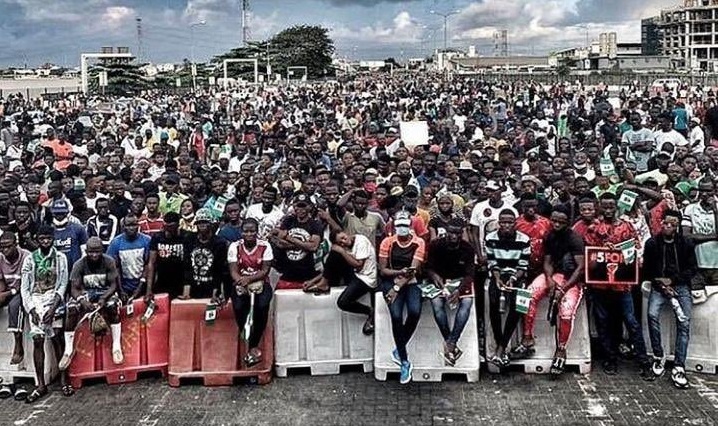



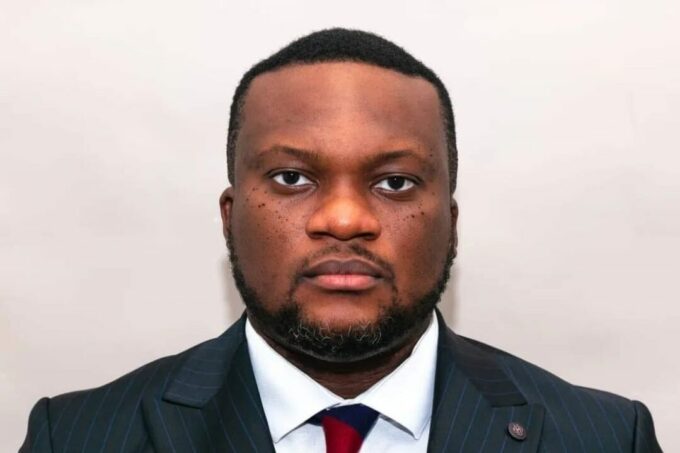
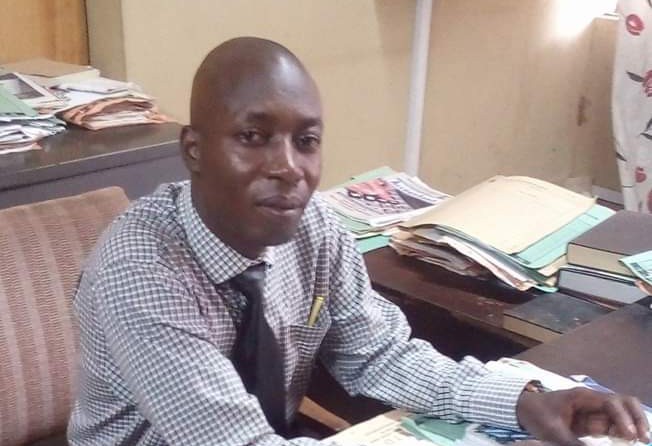
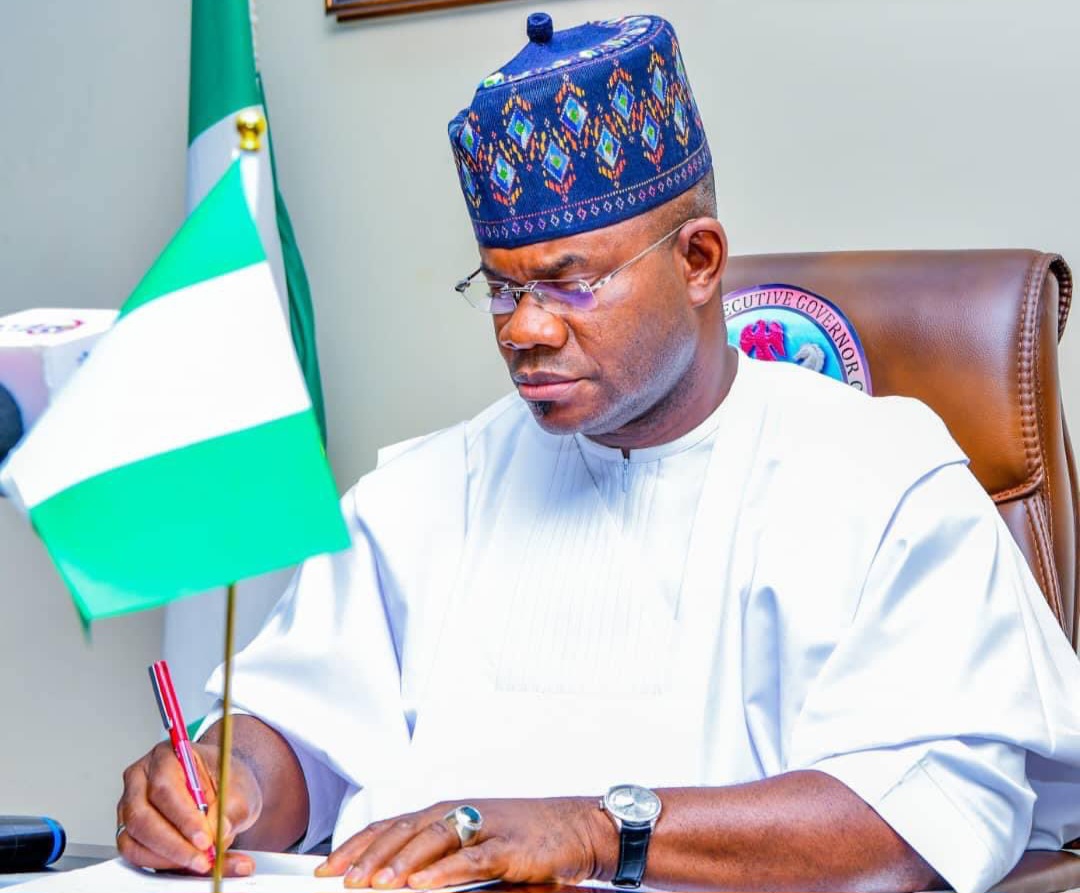
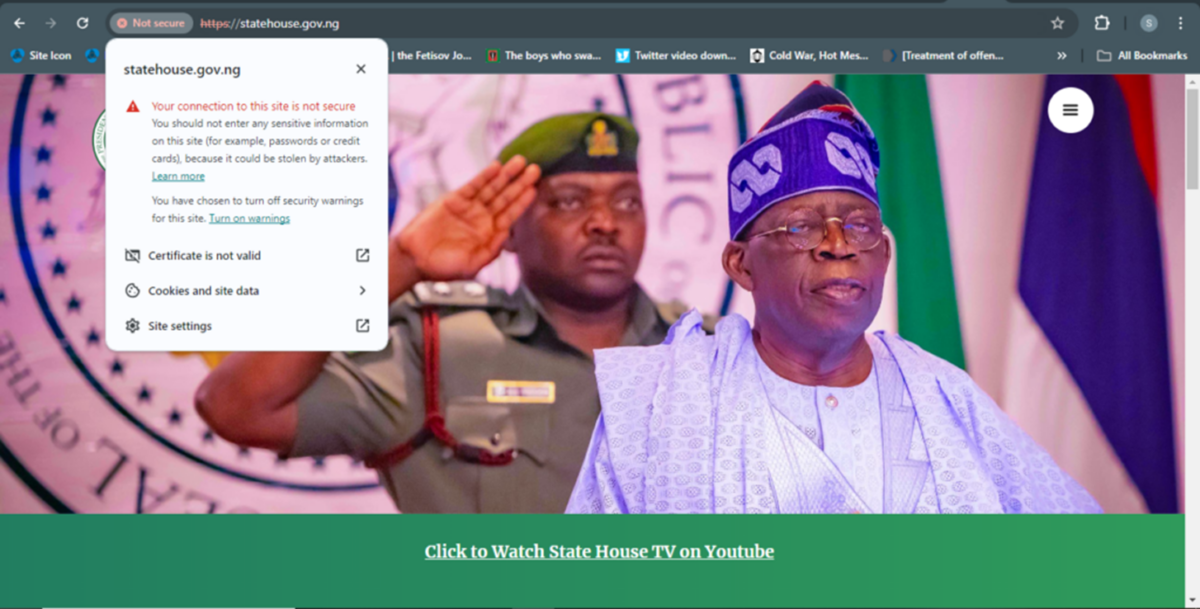
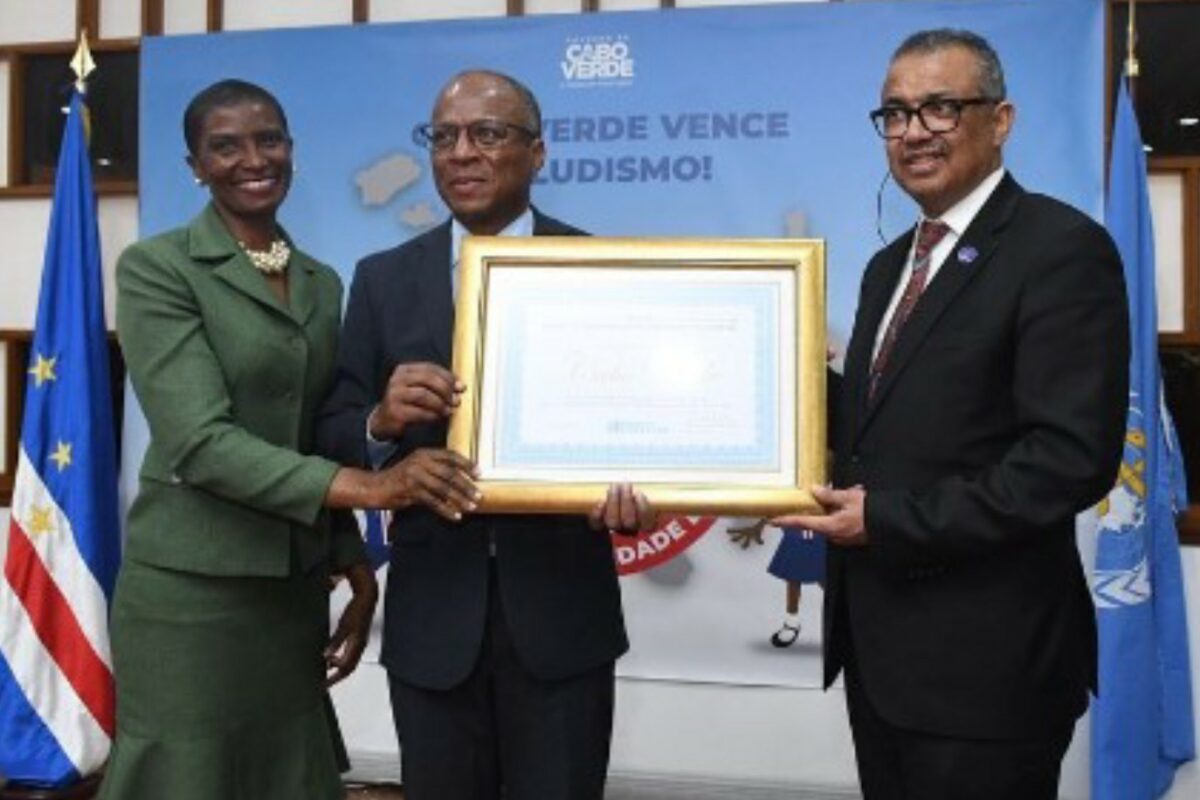
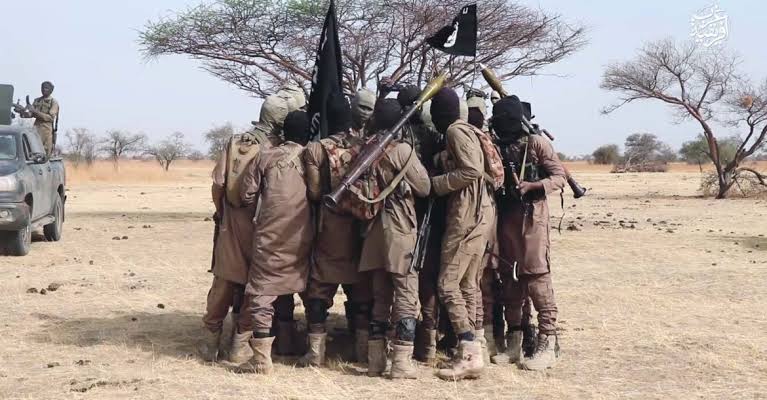
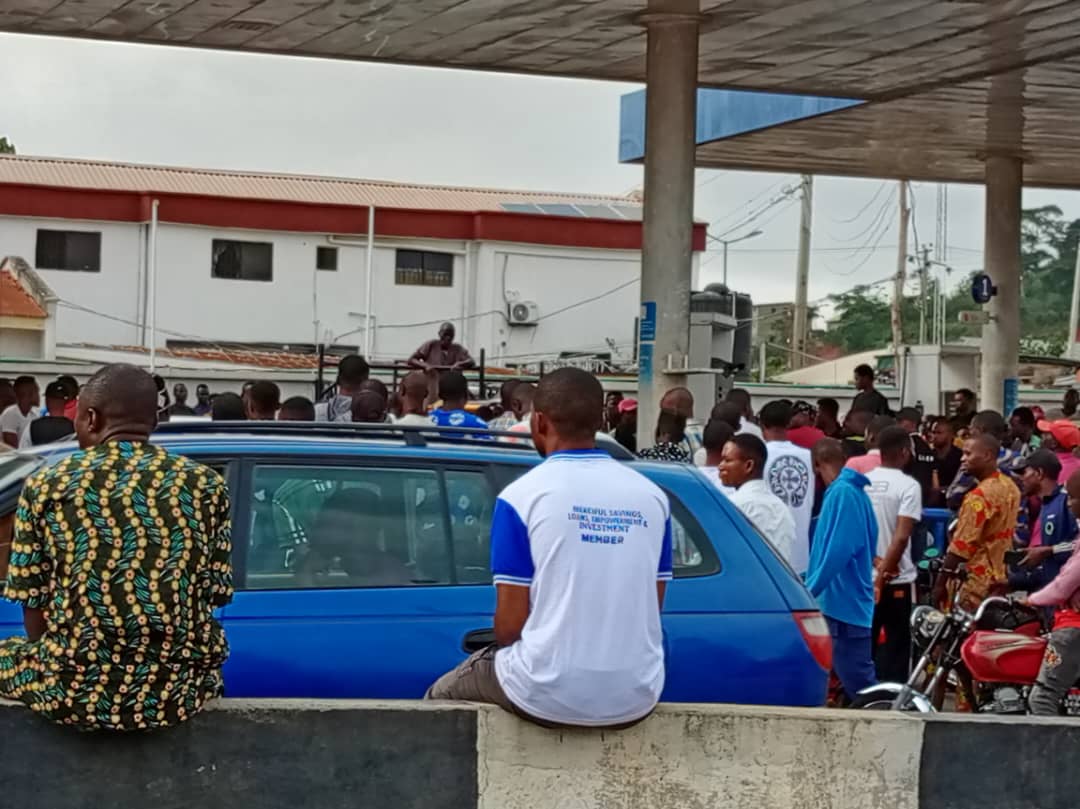
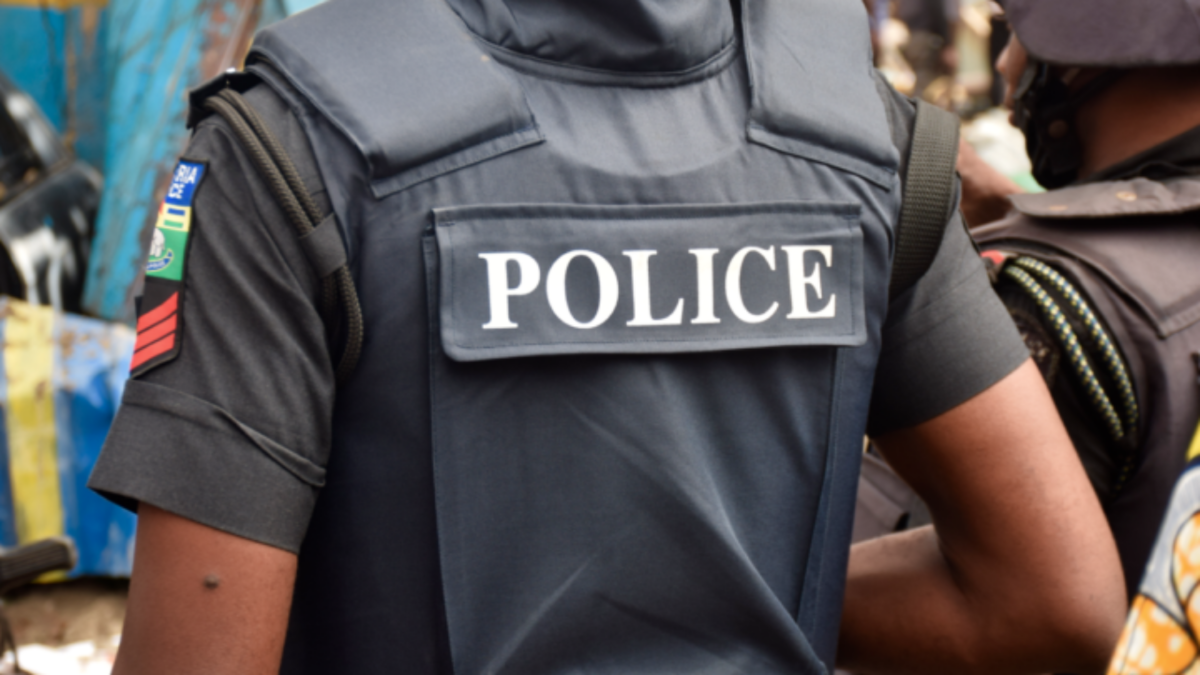
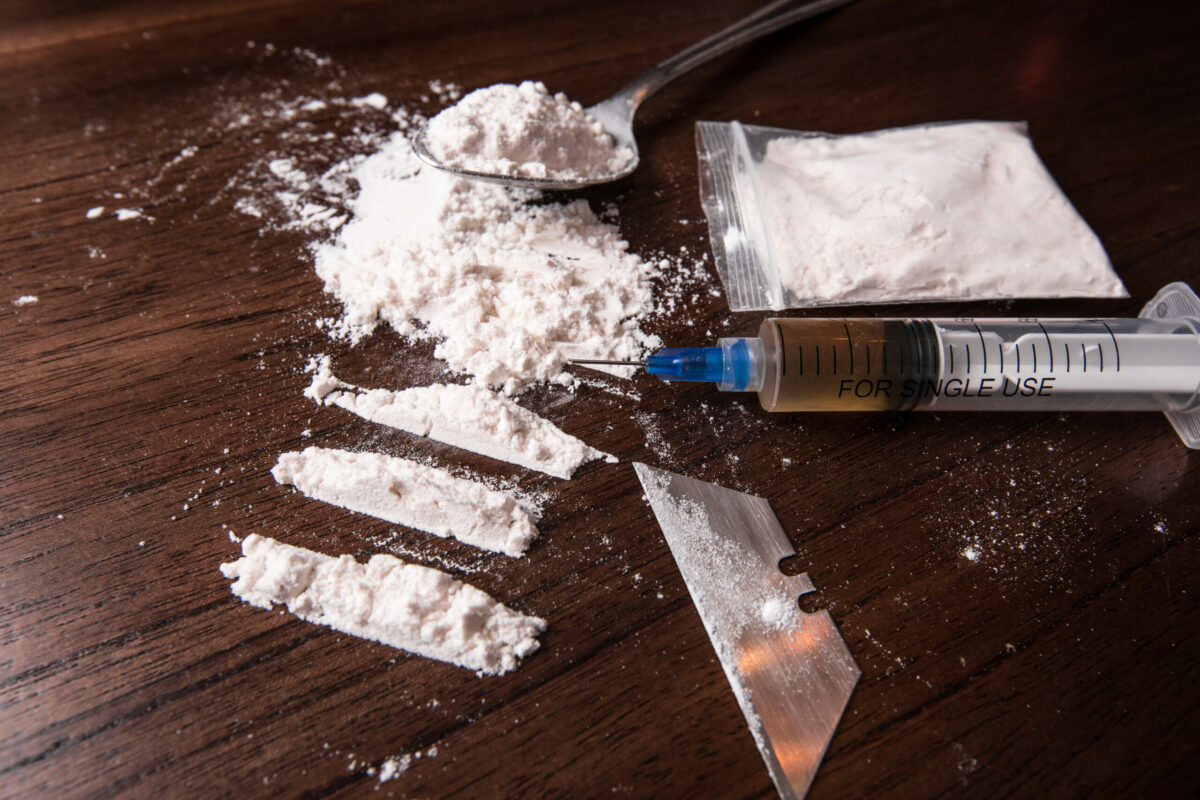
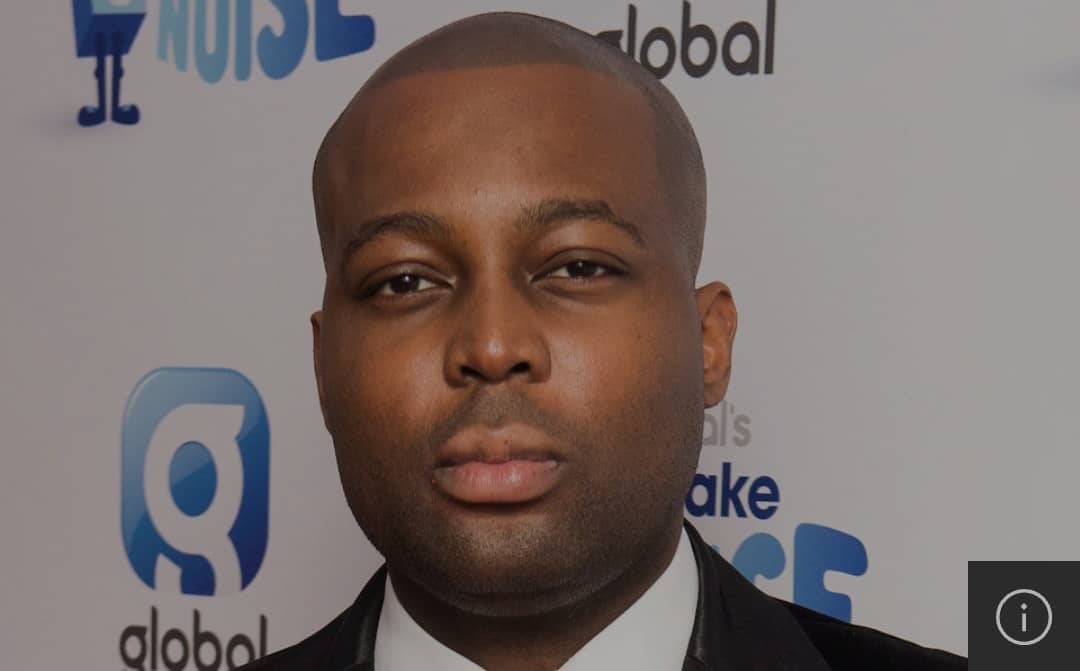
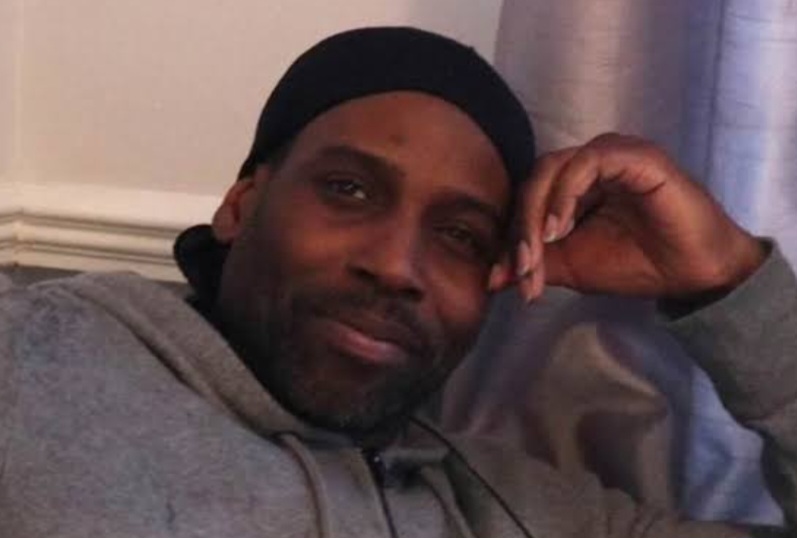
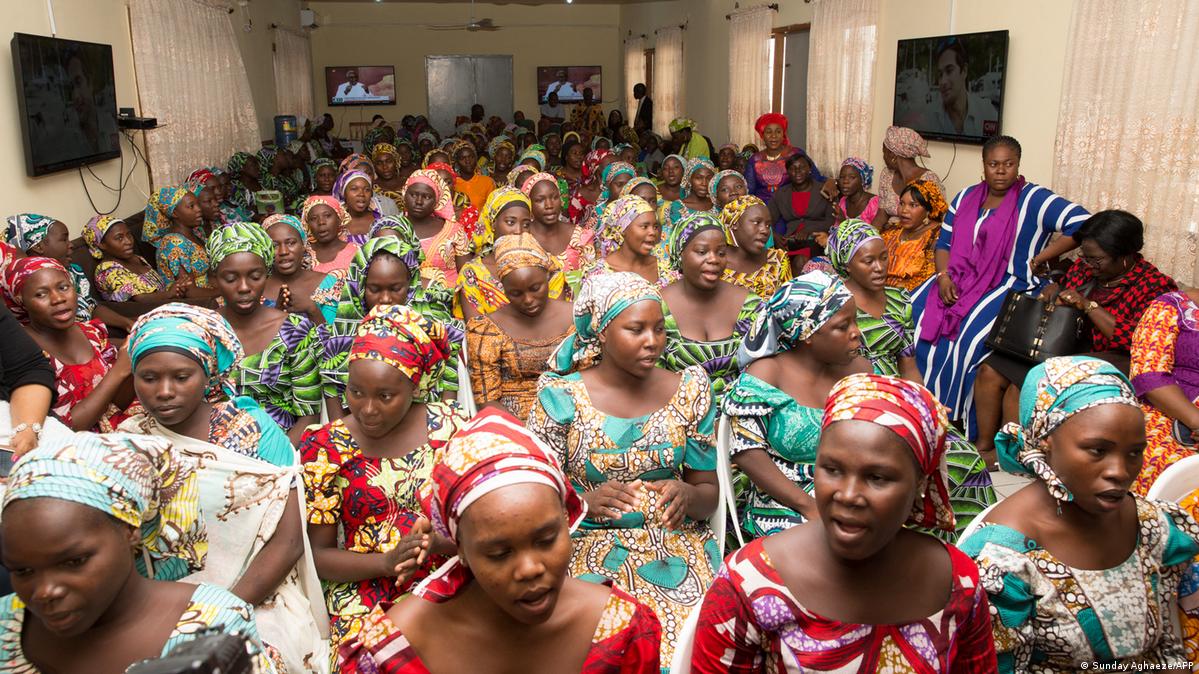
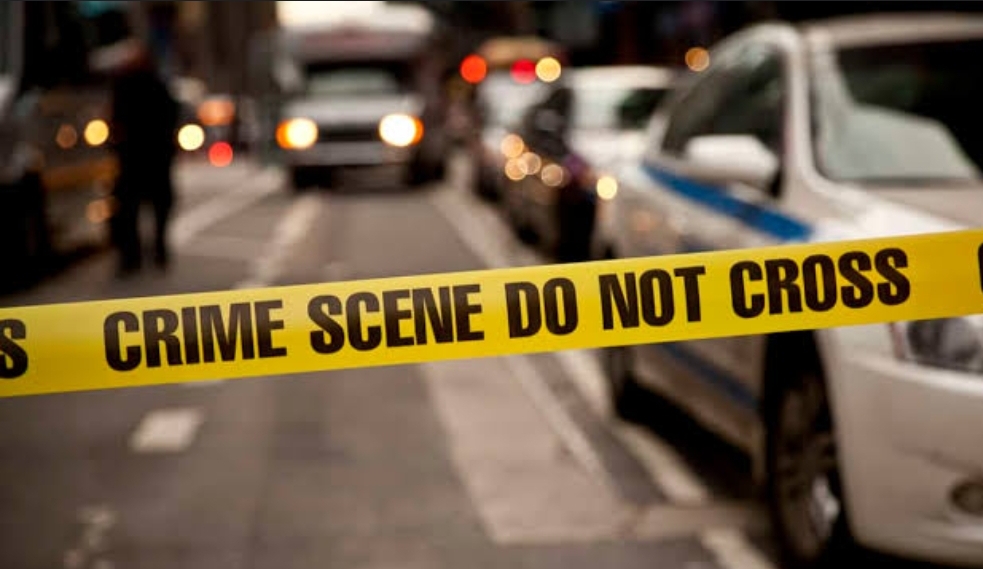
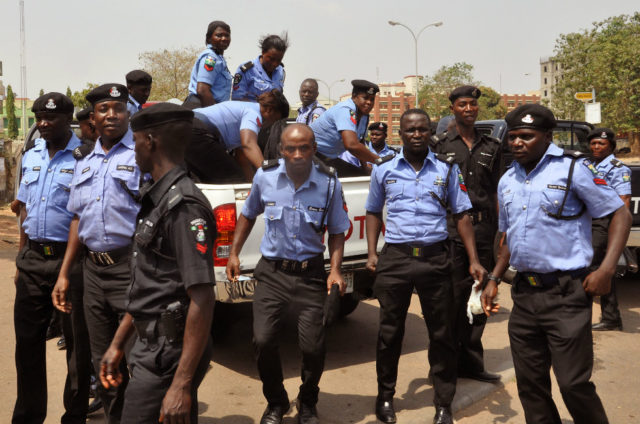
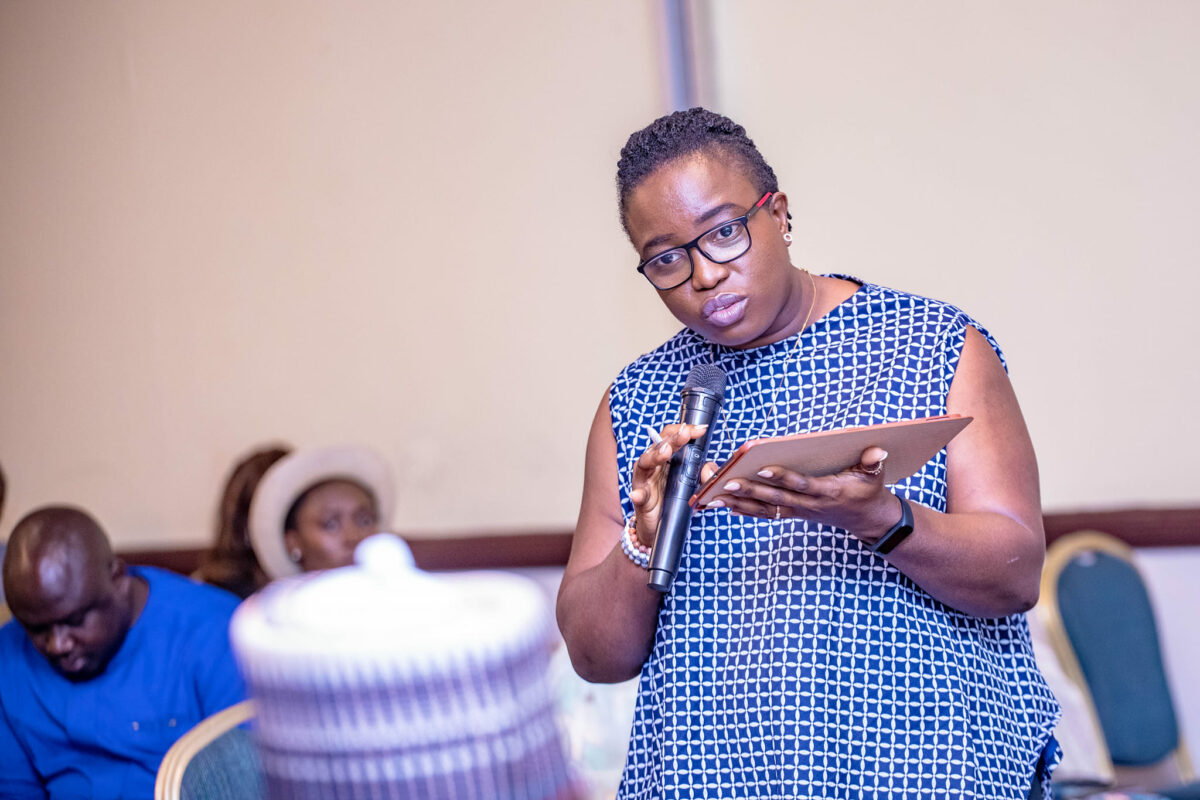
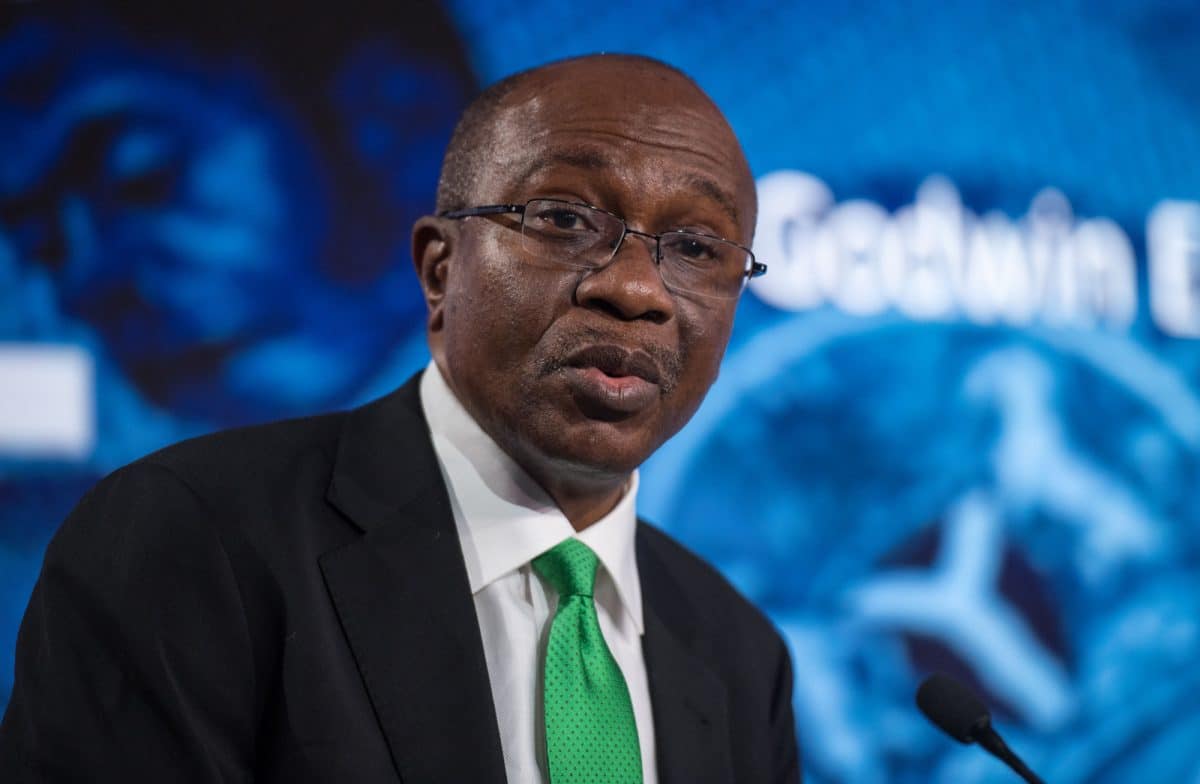
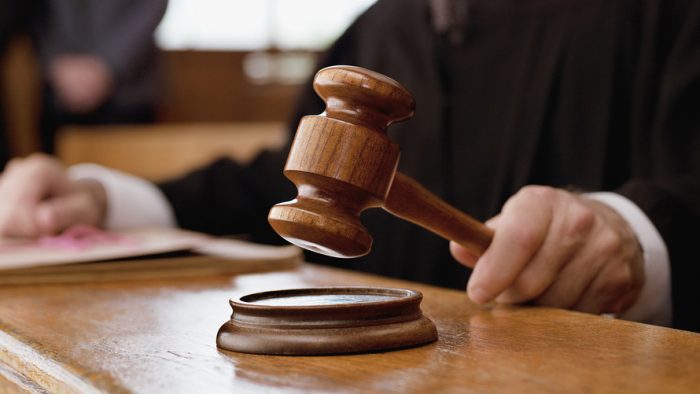
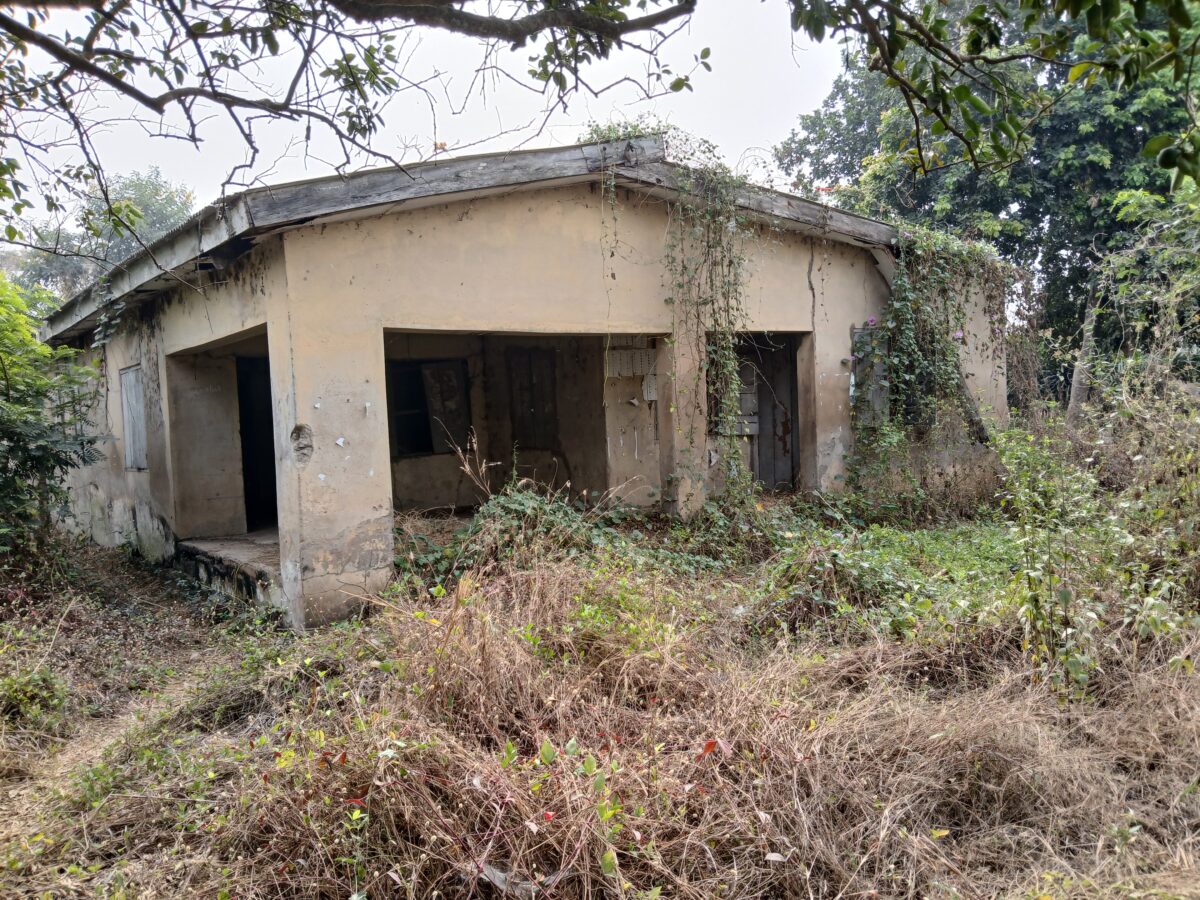
2 replies on “‘Gbogbo Wa La Ma Je Breakfast’: The Redistribution of Injustice in Nigeria”
This really gasted my flabber. Really.
Great article. The is no rule of law in Nigeria.